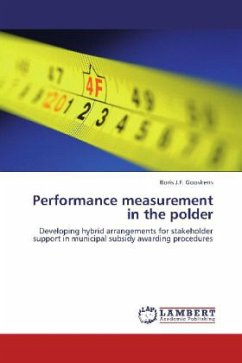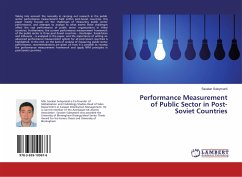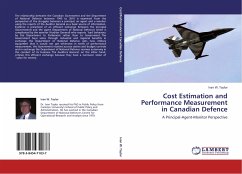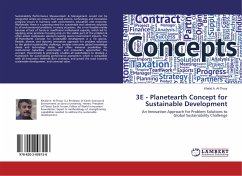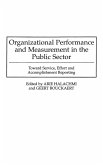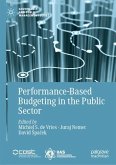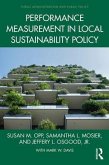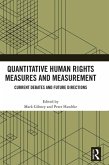Trends of public accountability guide the introduction of performance measurement in municipal subsidy awarding of non-profit organizations in The Netherlands. Specific characteristics of this relation make that there are limitations on the application of existing performance measurement practices, which may cause a lack of essential stakeholder support. In this explorative case-study research, we analyze what key factors influence stakeholder support for performance measurement in the arts and culture-, housing association- and sport sector. Successively, we develop hybrid arrangements that increase the level of stakeholder support by varying, mitigating or conditioning the alternative values of the key factors. As well as the practical value of the hybrid arrangements, this research has its theoretical value in showing that the traditional hard instrument of performance measurement transforms in softer negotiated arrangements by the Dutch stakeholder-collecting Polder model.
Bitte wählen Sie Ihr Anliegen aus.
Rechnungen
Retourenschein anfordern
Bestellstatus
Storno

